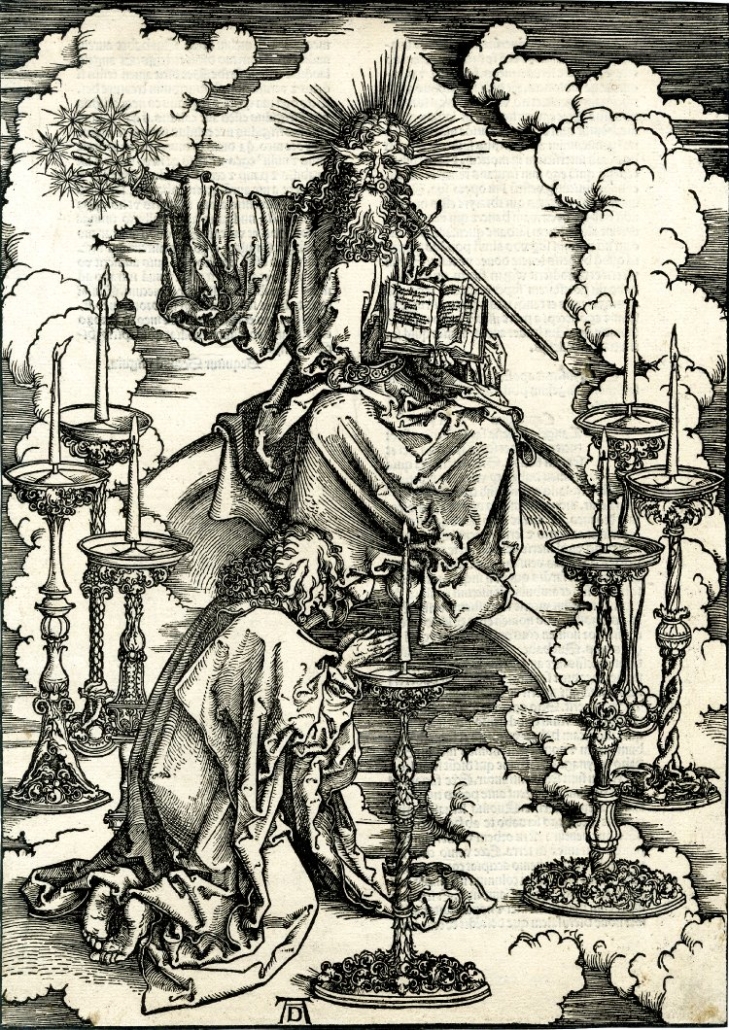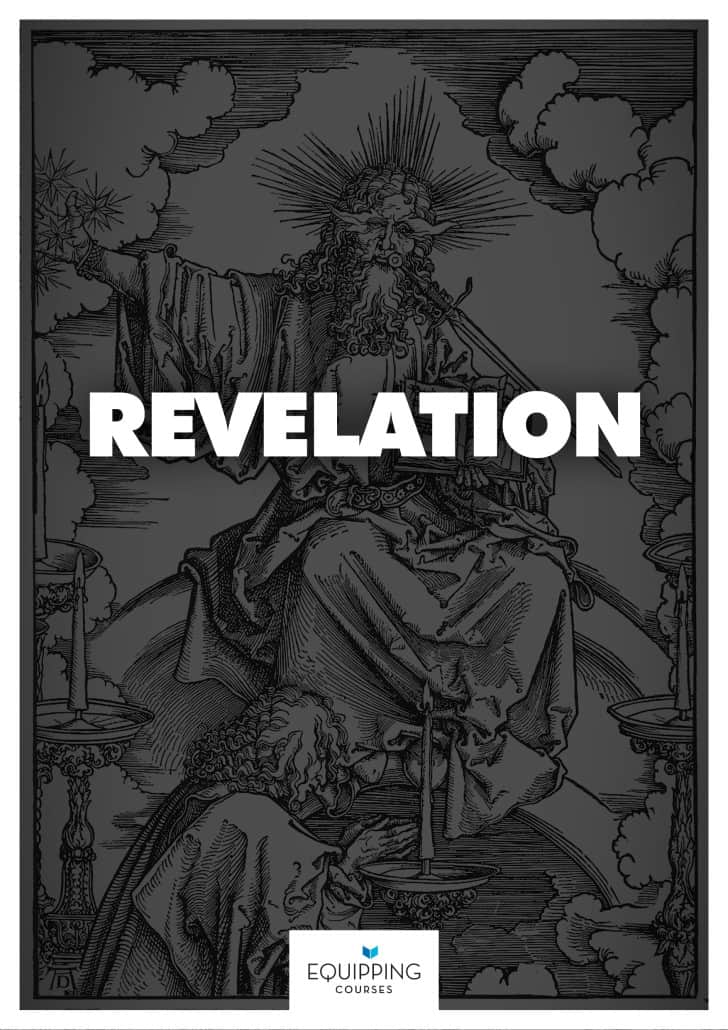Christian Foundations
An introduction to the teachings of our Christian Faith.
An introduction to the teachings of our Christian Faith.
Evangelism – sharing your faith – is a lifestyle, not a programme. You don’t need to hype yourself up for it. It’s not calendar-driven, it’s relationship driven. People are more ready for the gospel than you realise, and you are more ready than you realise to share it.
Greg Mattarelli
31 January 2016 at Bedfordview PM
[easy_media_download url=”https://www.dropbox.com/s/sh5iclqqbnvtjr6/20160131-PM-stop%26listen-GM.mp3?raw=1″ color=”blue” force_dl=”1″]
Podcast: Play in new window | Download
Subscribe: RSS
Craig Herbert
31 January 2016 at Bedfordview AM
[easy_media_download url=”https://www.dropbox.com/s/rmexpycywqplz37/20160131-AM-Continuity%26multiplication-CH-.mp3?raw=1″ color=”blue” force_dl=”1″]
Podcast: Play in new window | Download
Subscribe: RSS
23 – 24 July, ending with an ALL SITES CELEBRATION.
Jonathan Warmington
24 January 2016 at Bedfordview PM
[easy_media_download url=”https://www.dropbox.com/s/s6z3x0f50aaxm5e/20160124-PM-Psalm51-repentence-JW.mp3?raw=1″ color=”blue” force_dl=”1″]
Podcast: Play in new window | Download
Subscribe: RSS
Craig Herbert
24 January 2016 at Bedfordview AM
[easy_media_download url=”https://www.dropbox.com/s/09t5n12cr42biud/20160124-AM-the-great-command-CH.mp3?raw=1″ color=”blue” force_dl=”1″]
Podcast: Play in new window | Download
Subscribe: RSS
Marcus Herbert
17 January 2016 at Bedfordview AM
[easy_media_download url=”https://www.dropbox.com/s/5mc7sla61iwqgsu/20160117-AM-Being-a-disciple-MH.mp3?raw=1″ color=”blue” force_dl=”1″]
Podcast: Play in new window | Download
Subscribe: RSS

We have already had a taste of apocalyptic writing in the last few chapters of Daniel. “Apocalyptic” is an ancient style of writing. It involves using rich picture language to convey a message. It is very effective, but unfortunately rather difficult for us to interpret years later. From chapter 4 of Revelation onwards, we are immediately immersed in the land of pictures and their meanings.
We are not to forget there was also a very real situation at hand for the people in the churches John writes to in this book (or, letter). Titus Flavuis Domitian had his time for power. By the time he was 30 he had a huge territory. He owned the whole of the Mediterranean and it was reported he also held 60 million slaves. His behaviour became intolerable. Those close to him assassinated him at age 45.
Revelation was written in 95 A.D when Domitian had one year left to live. To be a Christian was to live on a knife-edge. You had to worship Domitian as Lord and God. To look at this book is to look at the faith and confidence of the early church. The early church found reassurance and comfort in this series of pictures given to John, exiled to Patmos – a little island 6km long, 11km wide, 56km off the Turkish coast. It belongs to Greece now. The church was being severely and bitterly persecuted. It was dreadfully poor to the point of horrific poverty, except it seems the Laodiceans were in a comfortable place.
If you are lost, or dying, the one thing you really want to know is that you do not believe in vain. Is Jesus all He says He is? Can he really come and rescue us? It doesn’t seem like He is doing it now. Who is actually in control? It doesn’t seem like the ‘king’ is. Is this all for nothing?
The Revelations of John, exiled on the small island of Patmos, have caused more controversy and craziness than any other Biblical writing. There are four main ways to interpret the letter:
1. You may take it as referring solely to events in the first century (called the preterist view)
2. You may take it to refer to actual events in history that occur from John’s day until now and into the future (called the historicist view)
3. You may take it to refer solely to events in the future that occur just before Christ’s return (called the futurist view)
4. You may see principles and dynamics that are applicable to every stage of human history (called the idealist view)
As I write this, however, I’m sure a new view and way of interpreting it just appeared on a shelf somewhere in the world. No need for hopelessness though, Revelation is in our Bible sent by our heavenly Father for us! Each of the interpretive views above has parts to commend them and arguments to deny them. Why don’t we consider a few arguments that most people agree on, draw out a few interpretive principles, and then get to read the wonderful letter?
It reveals Jesus first
Firstly, we agree that the letter is primarily to reveal Jesus. If all we get out of the letter is the revelation we gain about Jesus then we have done well. Jesus the leader of the churches (Revelation 1:1-3:22); Jesus the Lord of history (Revelation 4:1-8:1); Jesus who reigns during judgement (Revelation 8:2-11:18 ); Jesus victorious over the dragon (Revelation 11:19-15:4 ); Jesus the one who holds the keys to death and Hades; Jesus the one who executes the judgment of God (Revelation 15:5-16:21); Jesus the mighty warrior who has conquered Babylon (Revelation 17:1-19:10); Jesus the returning king who brings in the new heaven and earth for his people (Revelation 19:11-22:21).
Read it in its time
Secondly, we are to agree that the letter was written to certain churches at a certain time and the primary reason was to encourage them. The character of all the writings we have in Scripture is essentially the same. Most books have relevant facts for now, truths that are always applicable, and securing statements about the future. Revelation is the same. It has facts about then, truth for then and now, security about the future.
It’s not a letter from Paul
Thirdly, we are not to read it as one would a Pauline letter. The letter is the unfolding of a great drama. “And after this I saw” doesn’t have to be a chronological statement. It could quite easily be the unfolding of the next scene in a great play. We are to read it firstly asking what are we supposed to see and then asking what it means.
Eight scenes
Our interpretive lines lead us to advise you to read the letter as eight scenes in a great play. Each time you read “After this I saw” or “Then I saw”, which will happen eight times, the curtains are closing and a new scene is about to begin. The new scene is putting to us in picture language what Jesus wants them and us to know. The scenes are not necessarily chronological as much as they are descriptive. They are describing reality from different angles and points of view. It could be history from the eye of heaven, from the perspective of the Christian, from the view of non-Christians, and so on.
Let’s go through one scene to help you. Scene 2 begins in chapter 4:1 and ends in 8:2. My title for the scene is ‘suffering for the church’. Jesus tells the church they will suffer. But that is not all He wishes to tell them. He is there, He is in charge, He is still working out history no matter what it looks like. We will need to peer into heaven to see Jesus as he really is because looking with the world’s eye gives the wrong picture. And so the scene begins:
This is a small example. Don’t take the pictures literally: that is surely a mistake. Keep asking ‘what does John see’ and then ask what it means. Eventually you’ll find yourself a little more at home with the picture language and the apocalyptic style. If you’re left scared, worried or unsure about your faith in Jesus your interpretation is wrong. If it leads you to watch the news worried about loosing your salvation if you bank in certain way or get a tattoo on your wrist, you are also wrong. If it leaves you sure, knowing that Jesus is in change of everything including you and your life forevermore, you’re on the right track. If it leaves you with a sense of hatred for worldliness and a desire to get away from the world and be at home with God – again the right track. Your interpretive style can be judged by its fruit in your life.
Pic: Albrecht Dürer

Predictions of the end have always been with us. In our day, too much of our understanding of Jesus’ second coming is influenced by science fiction and TV documentaries. Some spend their lives in conspiracy theories and current affairs, trying to discover who the antichrist is or what 666 means.
But the book of Revelation isn’t actually that difficult to understand. It’s not scary or difficult. You don’t need charts or a degree in world history. It is a practical book that you can apply today. This study book is based on a two-year preaching series on the book of Revelation where we uncovered the encouraging and highly relevant message of this book.

Gaius seems to be a leader in a church that John knew well. Presumably Diotrephes was keeping people from experiencing the help and welcoming nature that John assumes a Christian should ‘expect’. The church should be an open place, a welcoming place for other believers and leaders. The dividing issue was Diotrephes’ personal spiritual problem, not Gospel truth. Perhaps he was fearful or controlling, worried that another preacher might ‘steal’ his people.
But that is surmising. The principle is clear in this short letter – the local church is to be a place of truth and openness, not sectarian or closed.
Remember 2 John and 3 John provide us with a wonderful balance. Both sides are important.
Pic: St. John the Evangelist at Patmos – Alonzo Cano (1645)
